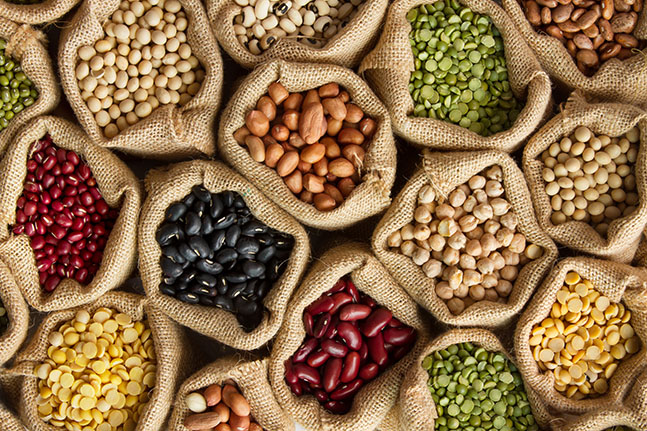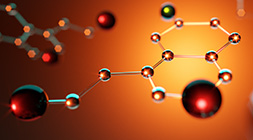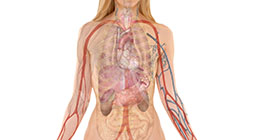
Beans are a wonderful, nutrient dense, and affordable food. They are high in protein, antioxidant polyphenols, fiber, and folate. They benefit heart health, blood sugar control, and may help prevent certain kinds of Cancer.
However, peas, bean, lentils, and other legumes can be difficult for some people to digest because they lack the enzymes to break down the oligosaccharides (sugars) contained within. These sugars found in beans are also the culprit of bloating and flatulence.
Fortunately, soaking the dry legumes in water overnight, then cooking and freezing them breaks down and reduces these difficult-to-digest sugars.
Lorna’s Legume Cooking Tips
- Rinse dried beans and remove any chunks of dirty, and broken or shriveled beans.
- Put beans in a soaking pot or bowl. Add 3 cups of water for each cup of beans. Remove any beans that float to the top of the water.
- Soak beans for 8 to 12 hours.
- Discard soaking water and rinse beans well with fresh water. The soaking water contains oligosaccharides and should not be consumed.
- Add fresh water to a pot. Bring beans and water to a boil, stir, and reduce to a simmer. Cooking times will vary depending on bean variety. Larger beans require more time.
- Adding a small amount of ginger, fennel, turmeric, or seaweed to cooking beans is another way to help improve digestion. Salt can be added if desired.
- After beans are cooked, drain and cool.
- Measure beans into one cup servings and put them in the freezer in individual bags or containers for future use. This makes them ready-to-use for quick meals. Beans will last up to six months in the freezer.
Canned Beans
Avoid canned beans as they have lower nutritional content, are higher in sodium, and may contain BPA (unless labeled ‘BPA-free’). BPA is an estrogenic compound. Eden Foods is a quality brand that does not use BPA to line their canned products. Make sure to rinse canned beans several times before using to reduce the digestion irritating sugars.










